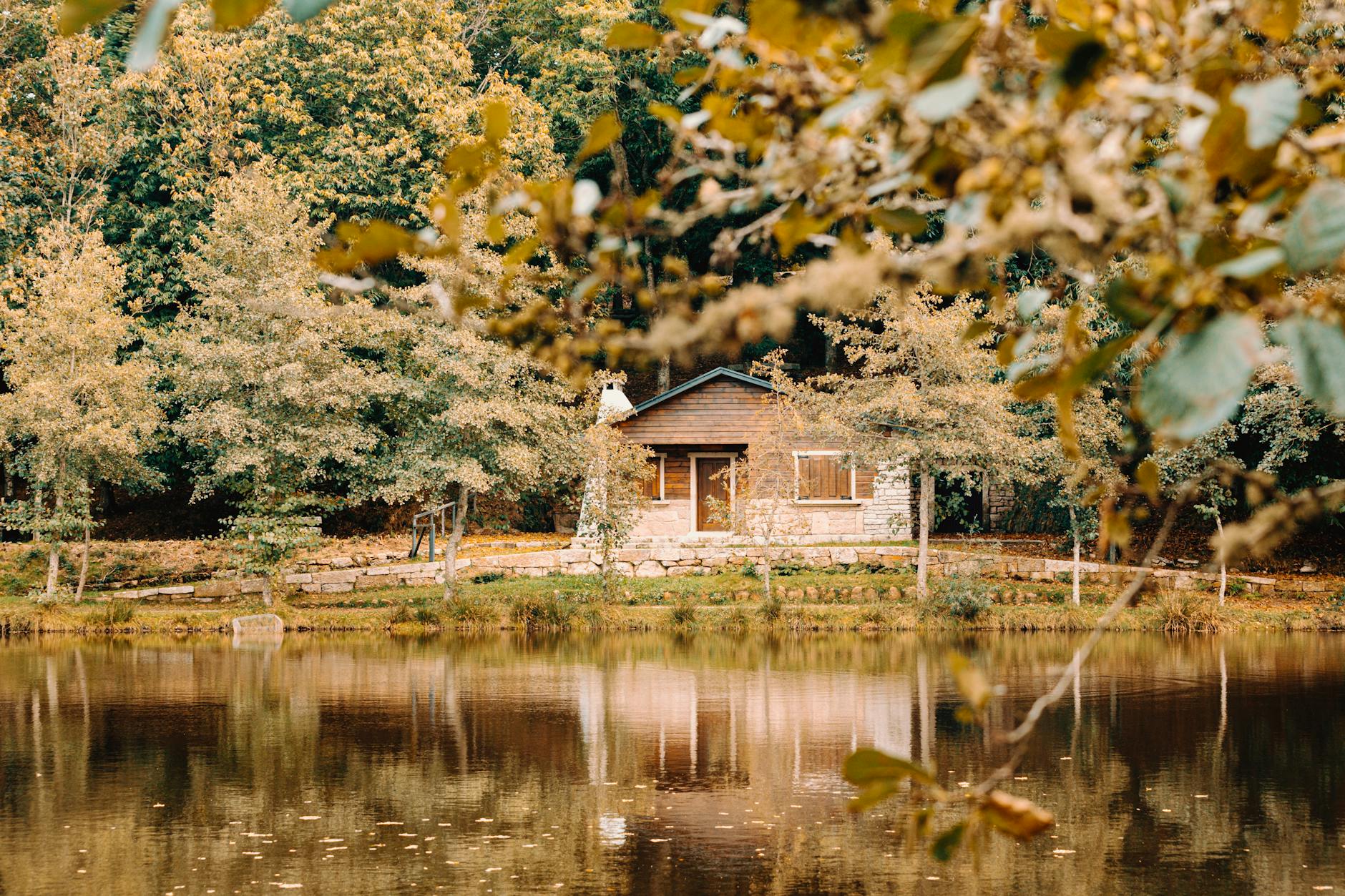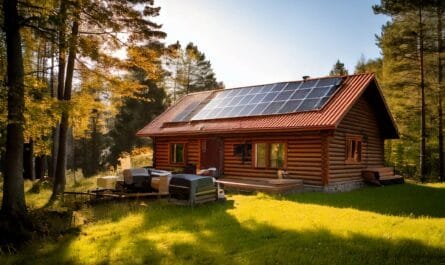The allure of owning a second home has never been stronger. With the second home market experiencing a surge, many are considering the benefits and implications of this investment. Let’s dive into the comprehensive benefits of owning a second home. Indeed, in many states like Michigan, where second home ownership is high, many workers flocked to their northern Michigan cottages during the Covid Pandemic of 2021-2022
Owning A Second Home Has Multiple Benefits, Both Personally and Financially

Owning a second home is a strategic investment that offers a blend of personal satisfaction and financial gain. On a personal level, it provides a sanctuary for relaxation and quality time with family and friends, nurturing connections to beloved locations and creating enduring memories. Financially, it serves as a secure asset in an investment portfolio, potentially offering a steady stream of income through rental opportunities, both short and long-term. Beyond the immediate benefits, a second home can significantly contribute to wealth accumulation over time, acting as a form of forced savings that builds equity and can be leveraged for future investments. This dual advantage makes owning a second home appealing for those looking to enrich their lifestyle and financial health.
1. Financial Benefits
Mortgage Interest Deductions: One of the primary financial advantages of owning a second home is the ability to deduct mortgage interest. Just as with your primary residence, the interest on your second home’s mortgage is deductible. This can lead to significant savings during tax season.
Tax Deductions: Beyond mortgage interest, homeowners can deduct up to $10,000 total of yearly property taxes on federal income taxes. This includes taxes on a second home, offering another layer of financial benefit.
Income Potential: A second home can be more than just a getaway; it can be a source of income. Whether you’re renting it out during peak vacation seasons or considering its resale value, there’s undeniable income potential.
2. Lifestyle and Personal Benefits

Change of Scenery: Everyone needs an escape now and then. Owning a second home offers a refreshing change of scenery, especially if it’s located in a picturesque or vacation-worthy spot.
Retirement Strategy: A second home isn’t just a luxury; it can be a strategic move for retirement. With the second home market growing, it’s evident that many see it as more than just a holiday spot but a long-term plan.
3. Considerations Before Buying
Financial Responsibilities: Owning a second home comes with its set of responsibilities. From maintenance costs to unexpected repairs like sewer pipe issues, it’s essential to be prepared for the financial demands.
Is It a Sound Investment? Location is key. Before diving in, evaluate the property’s location and the potential market trends. Remember the wise words of Louis Glickman: “The best investment on earth is earth”.
4. The Pros and Cons
Pros: From tax benefits to potential rental income and long-term profits, the advantages of owning a second home are numerous. Add to that the personal benefits of having a retreat and possibly a future retirement home.
Cons: As with any investment, there are risks. Financial responsibilities can be daunting, and market fluctuations are always uncertain.
5. Expert Opinions and Case Studies:
Dive deeper into insights from reputable sources like Forbes, AARP, and Investopedia to get a well-rounded view. Real-life examples can offer a practical perspective on the benefits and challenges.
Video: 5 Benefits of Owning a Second Home!
In the video, Dan outlines the multifaceted benefits of owning a second home, emphasizing its role as a safe investment that enhances life quality and wealth. He discusses how real estate is a lucrative investment vehicle, offering both long-term stability and the potential for profit through rental opportunities, including short-term and long-term leases.
Dan highlights the wealth-building power of real estate, supported by examples from notable investors like Warren Buffett, and explores the personal joys of owning a second home, such as fostering connections with loved ones and cherished places. Concluding, Dan shares his experiences and invites viewers interested in purchasing a second home in Cape Cod, a prime location for such investments, to seek his guidance.
Final Thoughts About Benefits Of Owning a Second Home
Owning a Michigan cabin is right up there with graduation from high school. Once you have settled into a career and earned a little extra, you head up north and get a little place on the beach or a hunting lodge in the woods. According to the National Association of Home Builders, about 5.5% of all homes are second homes. In Michigan, some northern counties have over 50% of their homesteads designated as secondary. In the 2010 U.S. census, it was reported that Michigan had over 235,000 homes, denoted as being secondary. This means the cottage or cabin is usually vacant except for seasonal, recreational, or occasional use. Owning a second home is an exciting prospect with numerous benefits. However, it’s essential to be well-informed and prepared. Whether you’re looking for a vacation spot, an investment, or a retirement plan, a second home can offer it all.
Call to Action:
Have you considered owning a second home? Share your experiences, thoughts, and questions in the comments below. If you find this guide helpful, please share it on social media!


